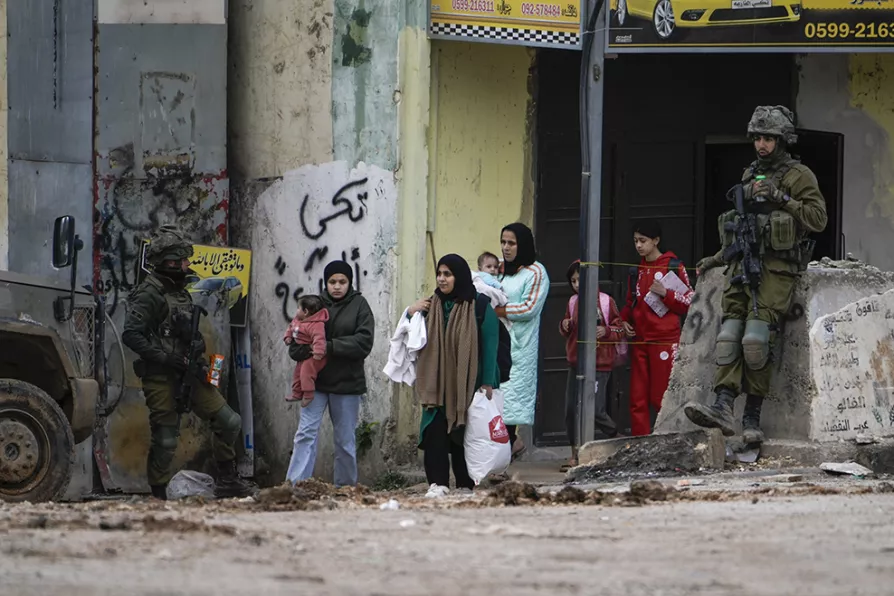The US-Israeli strikes against Iran are part of a decades-long war against the Islamic Republic which has refused to bow to US demands that it surrender its sovereignty, argues VIJAY PRASHAD

 Residents of the al-Far’a Camp, West Bank, evacuate their homes as the Israeli military continues its operation in the area, Saturday February 8 2025
Residents of the al-Far’a Camp, West Bank, evacuate their homes as the Israeli military continues its operation in the area, Saturday February 8 2025
“A YEAR of combat” — this is how Israel’s new chief of staff, Eyal Zamir, described 2025 at a conference organised by the Israeli Ministry of Defence.
The exact sentence, translated from Hebrew, was: “The year 2025 will continue to be a year of combat.” The word “continue” is crucial, suggesting that Israel will resume its wars, despite ceasefire agreements signed with the Lebanese government in November and Palestinian groups in January. In other words, it seems that Zamir is signalling that Israel will reopen these two fronts, even in the face of ceasefire deals.
Despite Israel’s insatiable appetite for war, it is hard to imagine what the Israeli army could achieve through renewed violence when it has already failed to accomplish its objectives in nearly 14 months in Lebanon and over 15 months in Gaza.














